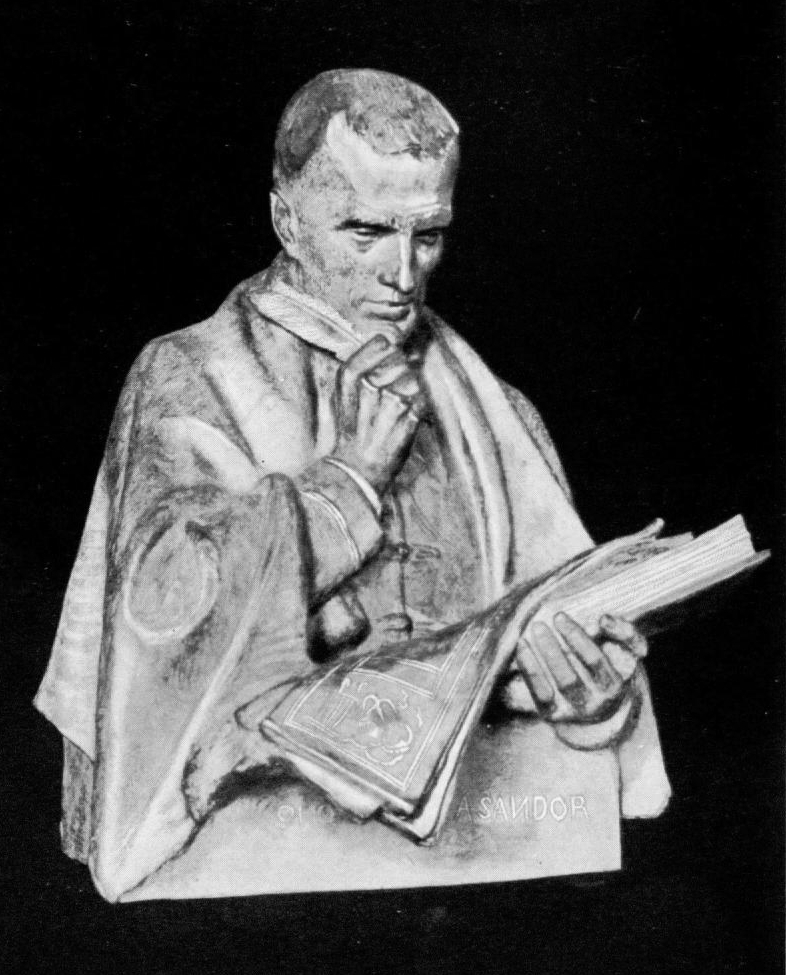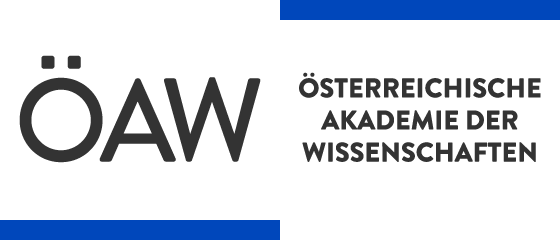Sándor Kőrösi Csoma
 |birth_place = Kőrös, Grand Principality of Transylvania (today part of Covasna, Romania)
|death_date =
|death_place = Darjeeling, Colonial India
|occupation =
}}
|birth_place = Kőrös, Grand Principality of Transylvania (today part of Covasna, Romania)
|death_date =
|death_place = Darjeeling, Colonial India
|occupation =
}}Sándor Csoma de Kőrös (; born Sándor Csoma; 27 March 1784/811 April 1842) was a Hungarian philologist and Orientalist, author of the first Tibetan–English dictionary and grammar book. He was called Phyi-glin-gi-grwa-pa in Tibetan, meaning "''the foreign pupil''", and was declared a ''bosatsu'' or bodhisattva by the Japanese in 1933. He was born in Kőrös, Grand Principality of Transylvania (today part of Covasna, Romania). His birth date is often given as 4 April, although this is actually his baptism day and the year of his birth is debated by some authors who put it at 1787 or 1788 rather than 1784. The Magyar ethnic group, the Székelys, to which he belonged believed that they were derived from a branch of Attila's Huns who had settled in Transylvania in the fifth century. Hoping to study the claim and to find the place of origin of the Székelys and the Magyars by studying language kinship, he set off to Asia in 1820 and spent his lifetime studying the Tibetan language and Buddhist philosophy. Csoma de Kőrös is considered as the founder of Tibetology. He was said to have been able to read in seventeen languages. He died in Darjeeling while attempting to make a trip to Lhasa in 1842 and a memorial was erected in his honour by the Asiatic Society of Bengal. Provided by Wikipedia
1
Published: 1984
Superior document: Collected works of Alexander Csoma de Kőrös vol. 4
2
Published: 1986
Superior document: Collected works of Alexander Csoma de Kőrös vol. 4
3
Published: 1984-1986
4
Published: 1986
Superior document: Collected works of Alexander Csoma de Kőrös vol. 2
5
Published: 1984
Superior document: Collected works of Alexander Csoma de Kőrös vol. 1
6
7
Published: 1984
Superior document: Collected works of Alexander Csoma de Kőrös vol. 2
8
Published: 1984-1984
Superior document: Bibliotheca Orientalis Hungarica vol. 29
9
Published: 1984
Superior document: Tibetan and Buddhist studies commemorating the 200th anniversary of the birth of Alexander Csoma de Kőrös Volume 1
10
Published: 1984
Superior document: Tibetan and Buddhist studies commemorating the 200th anniversary of the birth of Alexander Csoma de Kőrös Volume 2
